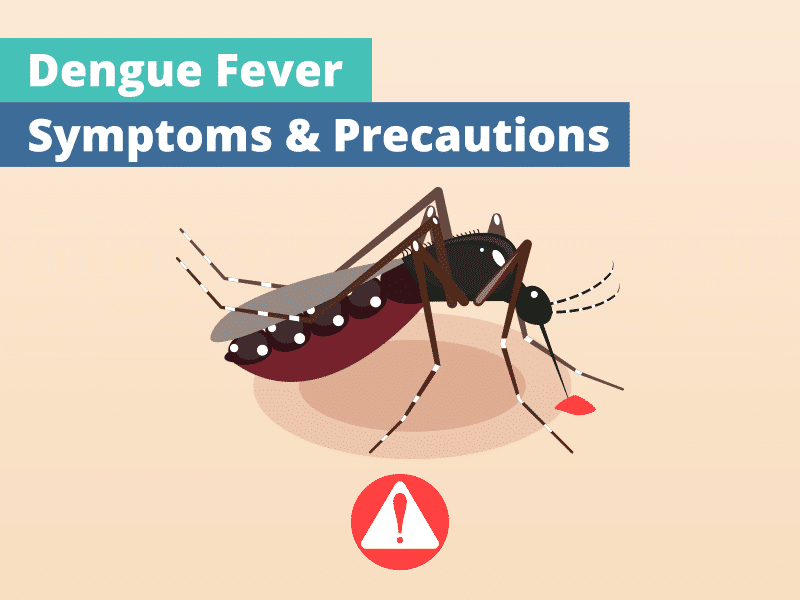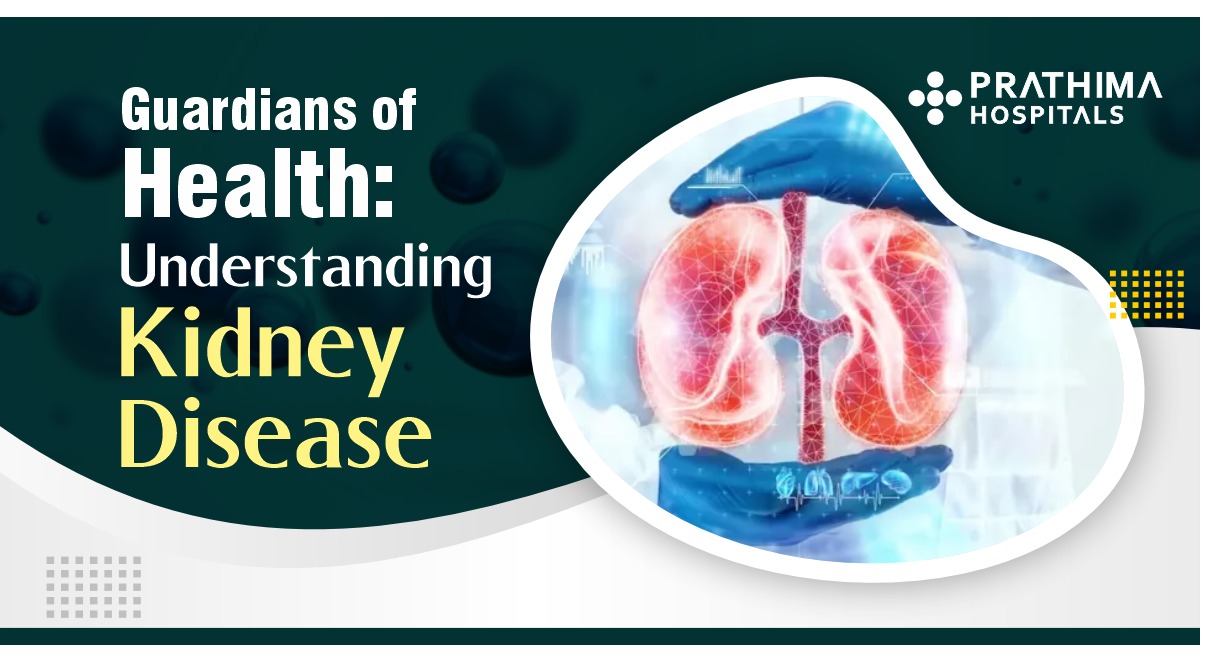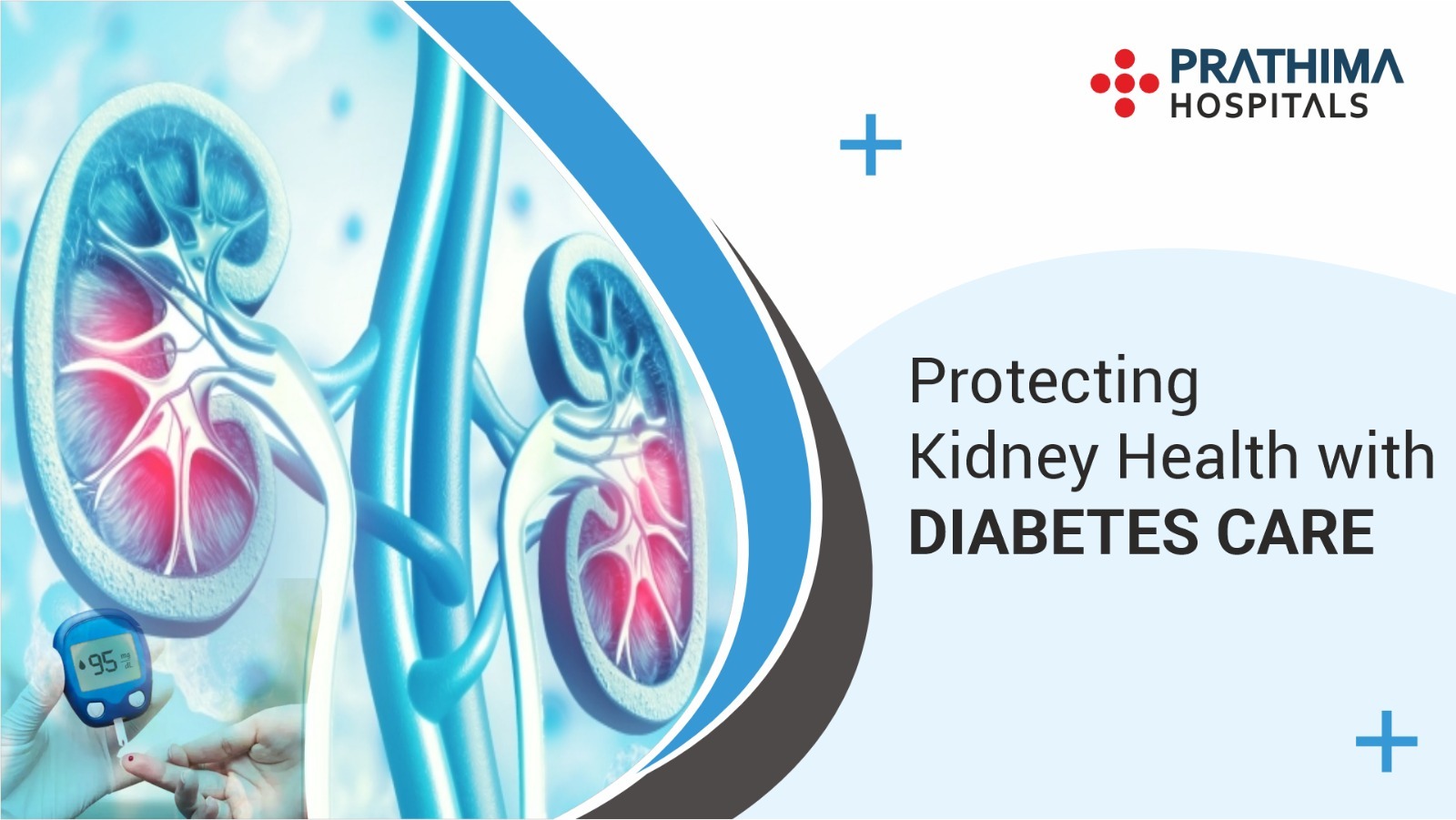Dengue Symptoms, Causes and Treatment

What is Dengue Fever?
Dengue is a viral infection
What Causes Dengue Fever?
Dengue fever caused by four similar viruses of dengue( DENV 1,2,3,4) spread by mosquito bites.
VIRUS doesn’t spread directly from person to person but spreads by mosquito bite by Aedes mosquito (Tiger Mosquitoe) which gets infected by biting dengue infected person and spreads to another person.
What are the signs & symptoms?
High Fever, Headache, Eye pain, Joint pain, Backache, Rash, Vomiting, Painabdomen, Weakness, Bleeding gums, Nose Bleed, Blood in stool.
What are the Warning Signs?
- Severe abdominal pain
- Persistent vomiting
- Bleeding from gums, nose
- Blood in vomiting or black colored stools
- Rapid breathing
With the above warning sign, the patient should visit the doctor as early as possible and may require hospitalization.
How it is Diagnosed?
Doctor diagnosis it by signs and symptoms, blood tests and dengue test (ELISA)
What is the Treatment?
There is no specific treatment or drug for Dengue Infection.
- The patient should seek medical advice from the doctor
- Rest
- Drink plenty of fluids
- Paracetamol to bring down fever and reduce joint pains
- Severe cases of Dengue require hospitalization and IV fluids and may require a blood transfusion.
How can Dengue Fever be prevented?
The best protection is to prevent mosquito bites
- Use screens on doors and windows
- Use long-sleeved shirts, pants to cover the body completely
- Use mosquito repellents and nets
- Avoid mosquito breeding places by discarding the rainwater collected in unused tins or containers, covering the water tanks and water storage items.





